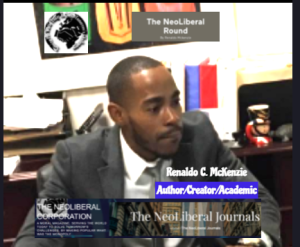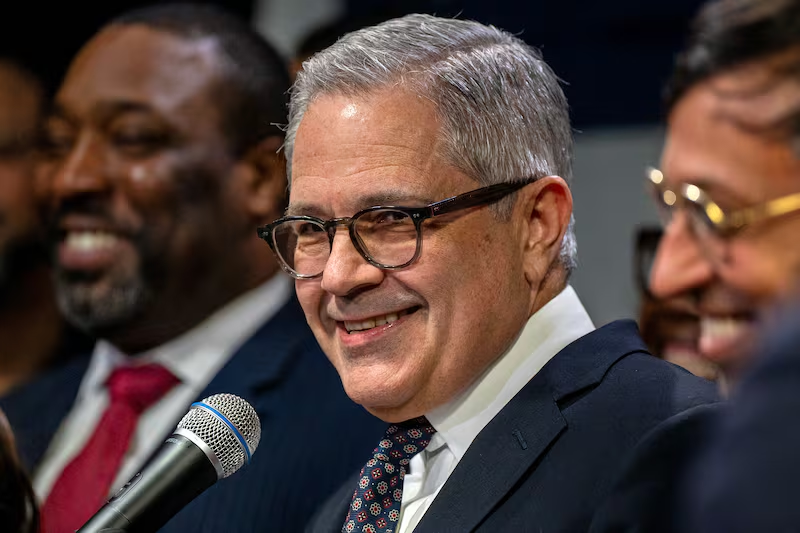Philadelphia District Attorney Larry Krasner recently addressed members of Phi Beta Sigma Fraternity, Inc. answering the piercing question, “What have we done right?” His answer, armed with raw statistics and biting clarity, laid bare both the progress and persistent paradoxes of Philadelphia’s criminal justice system.
Krasner, a former civil rights attorney turned reformist DA, didn’t mince words. “We’ve cut state custody numbers from 13,000 to 9,000,” he said. “County jail is down to 3,600, when it used to flirt with 10,000.” Juvenile confinement? Down 70%.
What does this mean in human terms?
“Over 50,000 years of incarceration have been avoided,” Krasner declared. That’s not hyperbole—it’s the cumulative result of rolling back excessive sentencing and reining in outdated policies that once led the nation in imprisonment.
And the savings? “At $60,000 a year per inmate,” he pointed out, “that’s about three billion dollars we didn’t waste on punishment. That’s money that could fund education, addiction treatment, mental health care, and job creation.”
Krasner reminded the audience that his office operates on a modest $50 million annual budget. “In seven years, that’s $350 million,” he said, “which means we saved nearly ten times our cost.”
But perhaps the most jaw-dropping revelation was about supervision—probation and parole. “We’ve reduced it by two-thirds,” he noted. “We used to have 1 in 9 Black men in Philadelphia under some form of court supervision—twenty-five times more than in New York City.”
Why does that matter?
“Because after two years, people on supervision are more likely to commit crimes—not less,” he explained. “And locking someone up because they couldn’t pay court fees, or tested positive for THC, while judges sip brown liquor? That’s not justice. That’s absurd.”
Yet even as incarceration rates plummet, crime is not rising—a key myth Krasner dismantled.
“As of May 14, 2025, Philadelphia recorded fewer homicides than on any May 14 in the last 50 years. Of the 18 violent crime categories we track, 14 are down.”
This is the paradox that reformers have long argued and that Krasner is proving: You can have both less incarceration and more safety.
The session was not simply a data dump—it was a call to action. Krasner credited “policy, partnership, and people power” for the progress. He urged continued investment in upstream solutions: education, economic opportunity, and treatment—not punishment.
“We didn’t get here by magic,” he said. “We got here by rejecting fear, embracing facts, and believing in our people.”
As Phi Beta Sigma continues its work in service and social action, the message from Krasner was clear: The system doesn’t fix itself. We fix it—together.
Part 1:
Part 2:
Reimagining Justice: Larry Krasner on Ending Mass Incarceration and Investing in Communities
By Renaldo C. McKenzie | The Neoliberal Journals

Donate to us: HERE
NEOLIBERALISM GOES ON SALE!
HUGE DISCOUNTS ON OUR PREMIER TEXTBOOK.
LEARN MORE HERE:
Neoliberalism Book 1 SUMMER Sale is Back!
Also Available via The Neoliberal Round in Audio Podcast:


